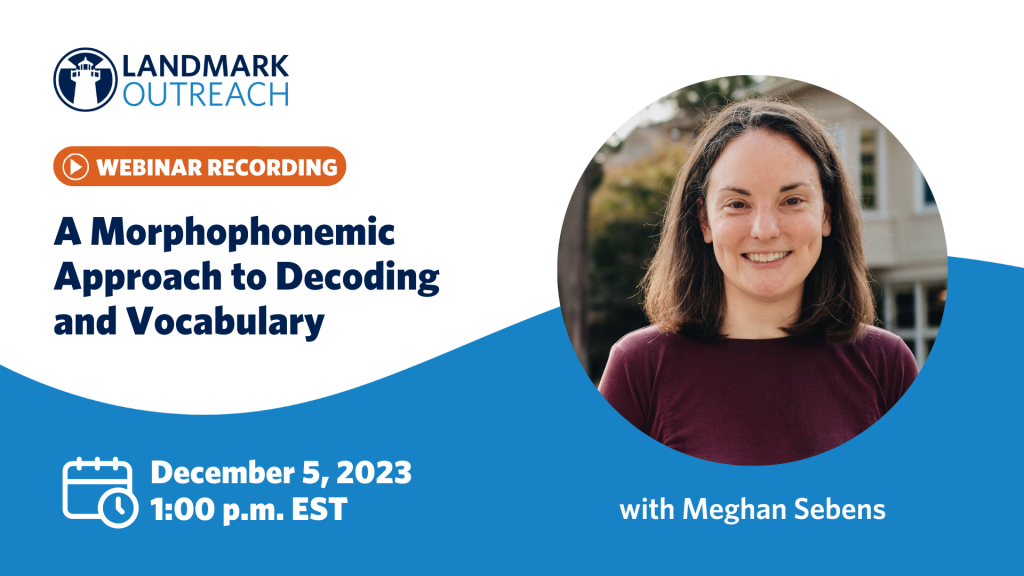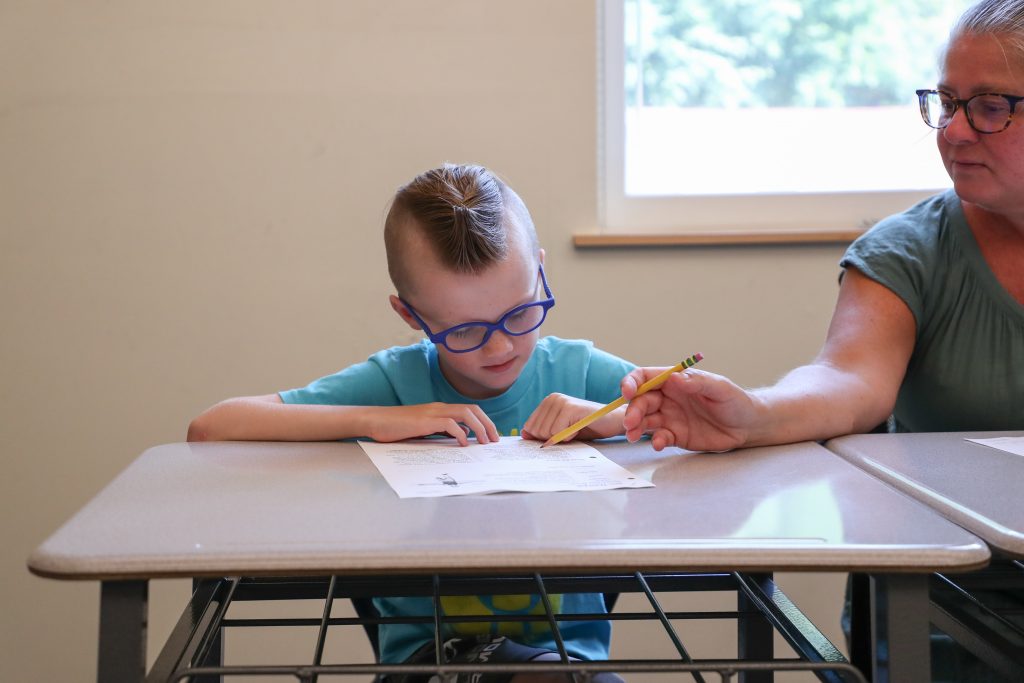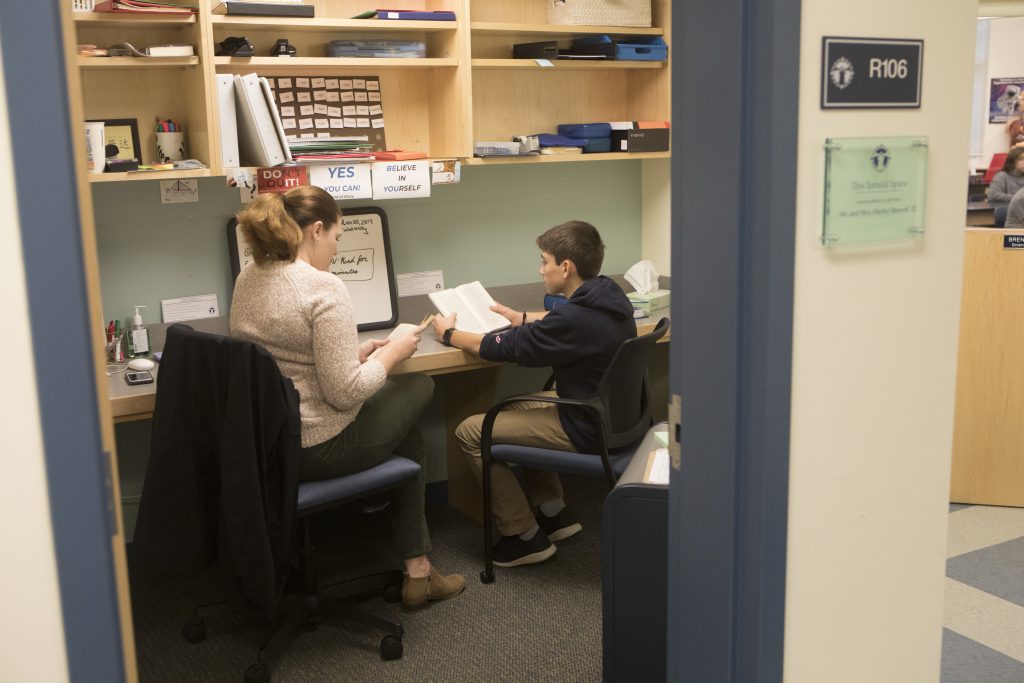Noted professor and literacy expert, Maryanne Wolf writes about reading as a recent human invention in her book Proust and the Squid (2010):
“We were never born to read. Human beings invented reading only a few thousand years ago. And with this invention, we rearranged the very organization of our brain…Our ancestors’ invention could come about only because of the human brain’s extraordinary ability to make new connections among its existing structures, a process made possible by the brain’s ability to be shaped by experience” (Wolf, 2010, p. 2).
Human brains are uniquely suited to change, shift, and adapt to novel situations and environments, and the invention of reading, the concept that words can be represented by symbols, speaks to this adaptability. Because reading is a human invention and is not something we are genetically predisposed to acquire, Steven Pinker, noted cognitive scientist says, “Children are wired for sound, but print is an optional accessory that must be painstakingly bolted on” (as cited in Wolf, 2010, p. 19).
In other words, we are not hardwired to read and literacy must be taught in a systematic and sequential way. Literacy experts believe that reading is developed through a series of skills that help us connect our speech sounds to letters and those letters to words and words to sentences and eventually to paragraphs and whole books. Louisa Moats, in accordance with the National Reading Panel, believes that the following skills need to be explicitly taught in order to build a solid foundation for reading.
Phonemic Awareness
- Understanding that words are made up of individual sounds and that those sounds can be isolated and manipulated. (Moats, 2008, p. 51).
Phonics and Decoding
- Understanding that letters are visual representations of the sounds in our language to aid in quickly and correctly identifying words.
Reading Fluency
- Reading text with appropriate speed, accuracy, phrasing and expression.
Vocabulary
- Understanding words encountered in text through repeated exposure and direct and explicit instruction.
Reading Comprehension
- Understanding what has been read through rapid and effortless decoding and recall of vocabulary and background information (Moats, 2008, p. 53).
Based on the outlined process for developing reading skills, it is vital that educators meet students at their individual levels in order for reading instruction and expectations to yield desired outcomes. Reading skills should develop in a hierarchy, and if one skill set has not been met before introducing the expectations of a subsequent stage, students will struggle to demonstrate mastery. By providing appropriate instruction based on each student’s level of achievement, educators can ensure opportunities for success, which is Landmark’s First Teaching Principle™. When instruction and expectations are aligned with the student’s current abilities, educators can give those students the opportunity to find success as readers. For the full text of the Landmark Teaching Principles™, including “Provide Opportunities for Success,” click here.
References
Moats, L. C., & Dakin, K. E. (2008). Basic facts about dyslexia and other reading problems. Baltimore, MD: International Dyslexia Association.
Wolf, M. (2010). Proust and the squid: The story and science of the reading brain. Cambridge: Icon Books.



